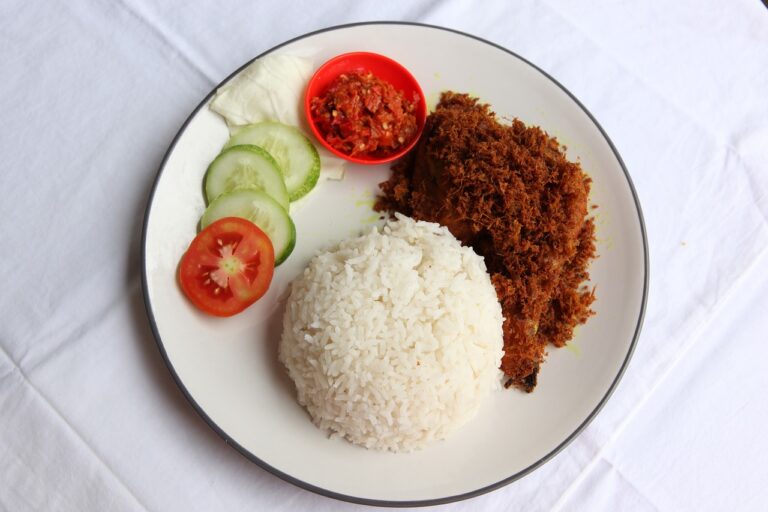The role of political debates in shaping public discourse
Political debates have long been an integral part of democratic societies, dating back to ancient times when philosophers and politicians engaged in spirited discussions to sway public opinion. In the modern era, formal political debates became more structured and prominent, with the first televised debate in 1960 between presidential candidates John F. Kennedy and Richard Nixon capturing the attention of millions of viewers. These debates have played a crucial role in shaping public opinion by allowing candidates to present their policies, ideas, and vision directly to voters, influencing their perceptions and decisions.
Throughout history, political debates have served as a platform for candidates to showcase their leadership abilities, communication skills, and policy knowledge while also providing the public with an opportunity to assess and compare candidates’ positions on important issues. The impact of these debates on public opinion cannot be understated, as they often serve as a turning point in election campaigns, swaying undecided voters and solidifying support among party loyalists. By highlighting the strengths and weaknesses of each candidate, political debates contribute significantly to the shaping of public opinion and ultimately influence the outcome of elections.
Key elements of effective political debates
In the realm of effective political debates, clarity and precision in communication play a pivotal role. Candidates must articulate their points concisely, avoiding jargon and complex language that could alienate voters. Direct and straightforward language helps in ensuring that the audience comprehends the ideas being put forward. Moreover, maintaining a respectful tone towards opponents fosters a sense of professionalism and demonstrates a commitment to healthy debate.
Another crucial element in effective political debates is the ability to listen actively. Candidates need to pay attention to both their opponents’ arguments and the questions posed by moderators. Active listening allows for thoughtful responses that directly address the issues at hand, engaging the audience with well-thought-out solutions and perspectives. By staying attentive and responsive, candidates can demonstrate an understanding of various viewpoints while presenting their own with conviction.
The influence of media on shaping political debate narratives
Media plays a pivotal role in shaping political debate narratives by determining which issues gain prominence and how they are framed for the public. The choice of what topics to cover, the selection of experts or commentators invited to speak, and the overall tone of coverage can heavily influence the direction and tone of political debates. This power of the media to shape narratives can impact public perception, sway opinion, and ultimately influence the outcome of elections and policies.
Moreover, the way in which the media chooses to report on political debates can also impact the degree of public engagement and understanding. By highlighting certain aspects of the debates while downplaying or omitting others, media outlets can guide the public’s attention towards specific issues or viewpoints. This selective framing of information can lead to a skewed portrayal of the debate, potentially swaying public opinion in a particular direction.
How have political debates evolved over time?
Political debates have evolved from private conversations and speeches to televised debates that reach a wide audience. They have become a key tool for candidates to present their views and engage with voters.
What role does the media play in shaping political debate narratives?
The media plays a crucial role in shaping political debate narratives by framing the issues, selecting which candidates to cover, and providing analysis and commentary on the debates. This can influence public opinion and shape the outcome of elections.
What are some key elements of effective political debates?
Some key elements of effective political debates include clear and concise messaging, strong rebuttals, staying on topic, and engaging with the audience. Candidates must also be prepared to defend their positions and present a compelling vision for the future.
How do political debates impact public opinion?
Political debates can have a significant impact on public opinion by providing voters with insight into the candidates’ policies, values, and leadership styles. They can also influence how voters perceive the candidates and their ability to lead effectively.
How can viewers critically analyze media coverage of political debates?
Viewers can critically analyze media coverage of political debates by fact-checking information, considering multiple sources and perspectives, and being aware of potential biases. It is important to consume media critically and thoughtfully to make informed decisions.







